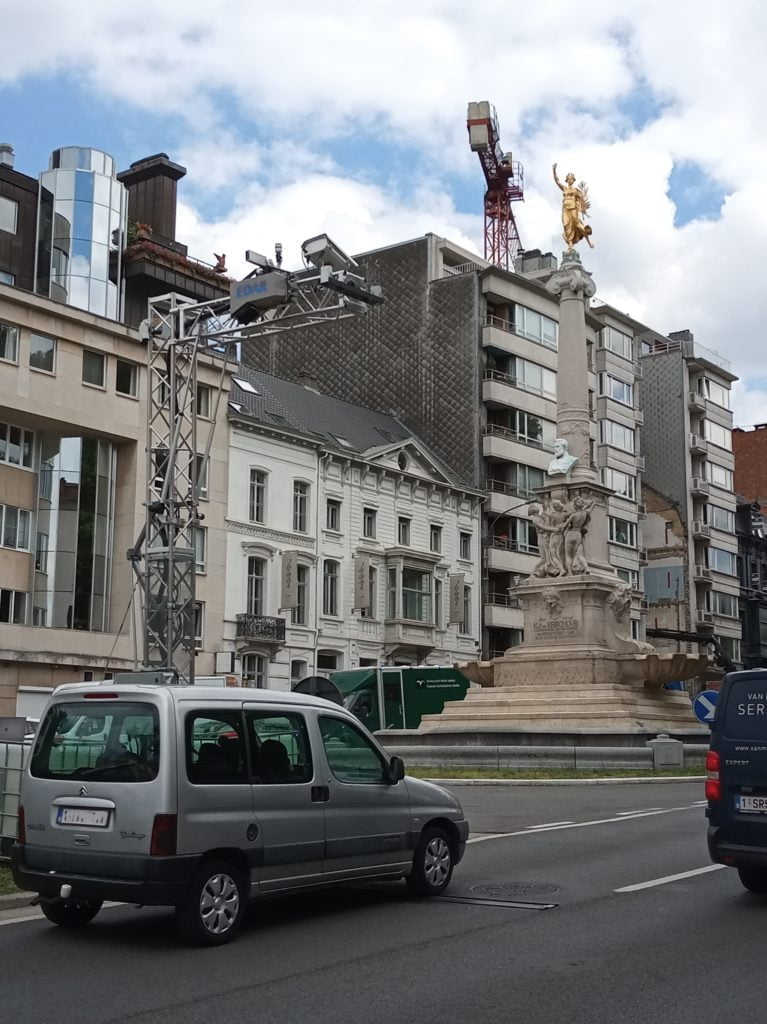Remote sensing of vehicle emissions is happening in Flanders
The remote sensing campaign currently taking place in Polis member Flanders Region is part of a broader policy study led by Roel Vaneerdeweg (Policy Advisor at the Flemish Government). In this project, multiple international expert groups are combined with multiple national Belgian authorities. The aim of the project is the development of strategies to monitor vehicle emissions and enforce emission limits. In addition to the remote sensing campaign, the project involves legal assessment and data analysis.
Remote sensing and UVARs
Remote sensing is an appropriate technology for obtaining fleet-wide real-world emissions data, which can help to build public awareness and inform policy. This technology can be particularly useful to support the implementation of Urban Vehicle Access Regulation (UVAR) measures, such as Low or Zero Emission Zones. This topic is addressed by the new H2020 project ReVeAL (Regulating Vehicle Access for Improved Liveability) which started the 1st of June and in which Polis is a partner. The project will create opportunities for city life by showing the best ways to give appropriate access to city streets.
RS demonstration
On the 21st of June, Polis assisted a live demonstration of the EDAR system, a laser-based technology for Vehicle Emission Testing developed by HEAT (Hager Environmental & Atmospheric Technologies). EDAR (Emission Detection and Reporting) is capable to detect and remotely measure the infrared absorption of all gases coming out of a moving vehicle, using a similar technology to active satellite remote sensing platforms. It measures and quantifies carbon dioxide, carbon monoxide, nitric oxide, nitrogen dioxide, hydrocarbons including methane and particulate matter. It also measures exhaust gas temperature. The system was already used in the remote-sensing testing campaigns as part of the Real Urban Emissions Initiative (TRUE).
During the visit, Yolla Hager (HEAT) explained how the EDAR system works as it analysed the exhaust of vehicles driving along the Charles de Kerchovelaan street (Ghent). It is the first time the company implements this kind of campaign in Belgium. Other devices have been operating in Aalst, Bruges and Antwerp. Remote sensing will be one of the technologies discussed at the Polis Conference during the session on emissions measurements.


